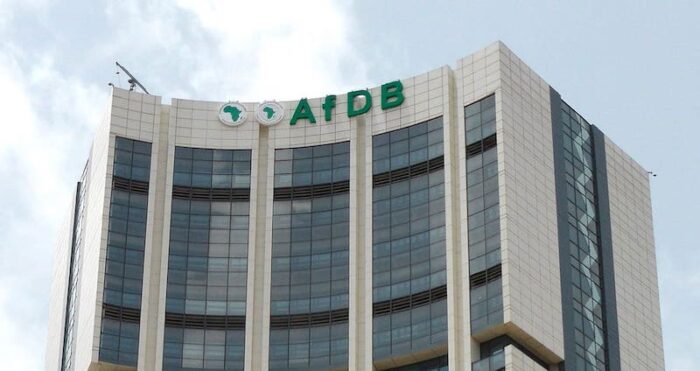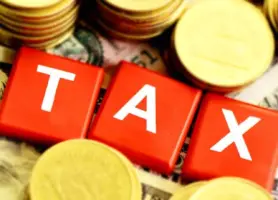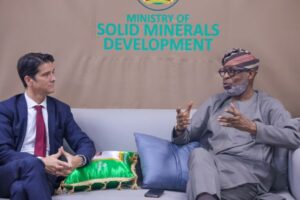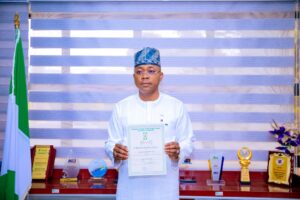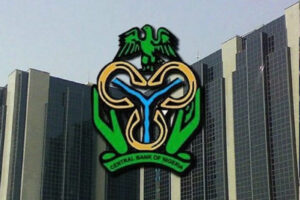The African Development Bank (AfDB) Group has granted a $500 million loan to the Nigerian government to fund the second phase of its Economic Governance and Energy Transition Support Programme (EGET-SP).
EGET-SP is designed to accelerate the modernization of Nigeria’s electricity infrastructure and expand access to cleaner, more sustainable energy sources. The programme forms a critical part of Nigeria’s broader energy transition plan, launched on August 24, 2022, which aims to achieve universal energy access by 2030 and a carbon-neutral economy by 2060.
According to the government, the plan targets energy poverty reduction, tackles climate change challenges, and supports the achievement of Sustainable Development Goal 7 (SDG7), while advancing the nation toward net-zero emissions by 2060.
This approval follows AfDB’s earlier support on August 1, when the bank also approved $500 million for the first phase of the energy transition programme.
In a statement on Wednesday, AfDB confirmed that the loan, structured as a policy-based operation, will cover fiscal years 2024 and 2025, reinforcing Nigeria’s efforts to transform its energy sector and strengthen economic governance.
“The second phase of the programme aims to stimulate inclusive growth by accelerating structural reforms in the energy sector, while supporting progressive reforms of fiscal policy to boost non-oil revenues and expand fiscal space,” the bank said.
The lender stated that the programme will focus on three key areas.
Read Also
READ ALSO: Jigawa Secures AfDB Partnership To Fast-Track Agricultural Industrialisation
“First, the programme will deepen fiscal policy reforms by strengthening public financial management systems and enhancing the transparency and efficiency of public spending,” AfDB said.
“Second, it will accelerate the reform of the power engineering sector to reduce energy poverty, expand access to energy, improve sector governance, and attract private investment.
“Third, it will support implementation of the energy transition plan through measures that promote climate change adaptation and mitigation, including the introduction of energy-efficiency standards for electrical appliances.”
According to the financial institution, Nigeria’s nationally determined contribution (NDC) will also be updated for the 2026 to 2030 period.
“The programme’s direct beneficiaries are the Federal Ministry of Power, the Federal Ministry of Finance, the Federal Inland Revenue Service, the Office of the Auditor General, the Debt Management Office, the National Climate Change Council of Nigeria (NCCC), the Federal Ministry of the Environment, the Nigerian Electricity Regulatory Commission (NERC), and other bodies responsible for social and economic policies,” the statement reads.
“Benefits will also accrue to private businesses in the form of improved investment climate and opportunities in the energy sector at the level of individual states of the Federation, and from the creation of an environment more conducive to public-private partnerships.
“As of 31 October 2025, the active portfolio of the African Development Bank Group in Nigeria comprised 52 projects with a total commitment of $5.1 billion.”
Commenting on the approval, Abdul Kamara, Director-General of AfDB’s office in Nigeria, said the new phase will strengthen and expand on the successes of the first phase.

